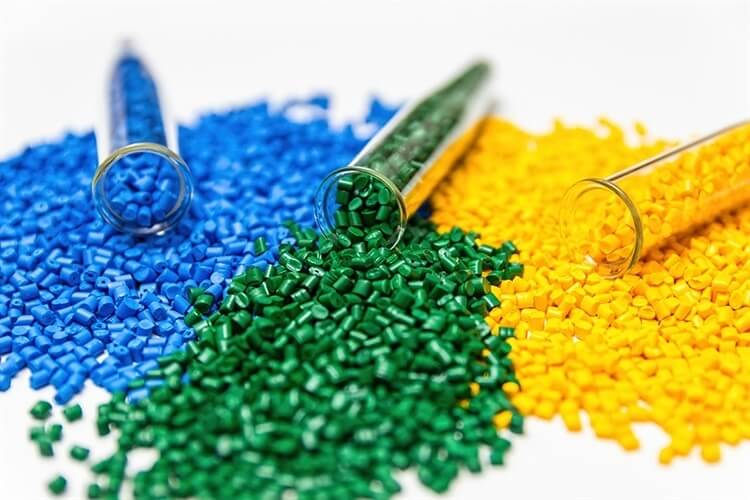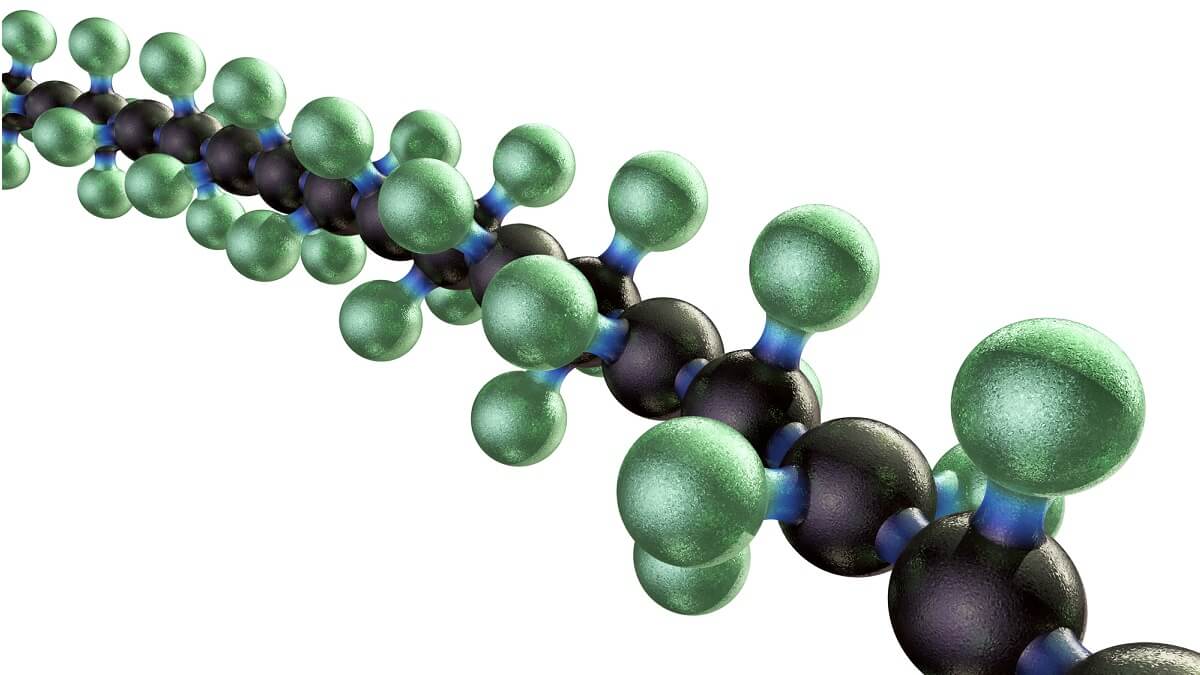Leading Uses of Polymers: Enhancing Everyday Products
Leading Uses of Polymers: Enhancing Everyday Products
Blog Article
Exploring the Varied Applications and Advantages of Polymers in Different Industries
Polymers, with their varied variety of residential properties and capabilities, have actually become indispensable in various markets, each reaping one-of-a-kind gain from their application. Polymers. From enhancing safety and efficiency in the auto sector to transforming medical devices in the healthcare sector, polymers play a pivotal function. Their environment-friendly nature is changing the landscape of sustainability practices. As we dig into the midsts of polymers in electronics, we uncover sophisticated technologies, while their structural integrity changes the world of building and infrastructure. The prevalent impact of polymers throughout markets is a testament to their versatility and flexibility, shaping the future of plenty of sectors.
Automotive Sector Applications
Polymers play a crucial role in enhancing the performance and resilience of numerous elements within the vehicle industry. One prominent use of polymers in the auto sector is in the manufacturing of light-weight parts.

Healthcare Industry Advantages
In various health care applications, the advantages of making use of polymers are commonly recognized for their varied series of helpful residential or commercial properties. Polymers play an essential role in the health care industry due to their flexibility, biocompatibility, and cost-effectiveness. One of the main benefits of polymers in medical care is their capability to be tailored to particular demands, such as flexibility, sturdiness, and biodegradability, making them suitable for a wide variety of clinical applications.
Polymer-based products are extensively made use of in clinical gadgets, such as catheters, implants, prosthetics, and medication delivery systems, due to their biocompatibility and ability to imitate natural cells. These materials can lower the threat of allergies or beings rejected, enhancing person security and outcomes. Furthermore, polymers are light-weight, making them ideal for wearable clinical devices and ensuring person comfort.
Additionally, polymers make it possible for the advancement of cutting-edge treatment approaches, such as hydrogels for tissue engineering and nanocomposites for targeted medicine distribution. Their ease of handling and sterilization makes them necessary for preserving high standards of health in medical care settings. Generally, the diverse advantages of polymers add substantially to advancements in medical innovation and patient care.
Ecological Advantages of Polymers

Additionally, polymers can add to power financial savings as a result of their light-weight nature. In industries such as transportation, lightweight polymer materials can assist minimize gas usage and greenhouse gas exhausts. In addition, polymers can enable the advancement of energy-efficient products such as insulation materials that boost power preservation in structures.
Furthermore, polymers play a crucial duty in minimizing water contamination. The usage of polymer-based filtering systems can efficiently eliminate contaminants and impurities from wastewater, securing water resources and communities. Overall, the environmental advantages of polymers make them useful properties in advertising sustainability and eco-friendly techniques throughout different industries.
Polymers in Electronic Devices and Innovation
Taking into consideration the raising need for innovative and lasting options in modern sectors, the combination his explanation of innovative polymer innovations in the realm of electronic devices and innovation has arised as a critical strategy for driving performance and efficiency. Polymers have changed the electronics sector by allowing the manufacturing of lighter, more adaptable, and long lasting electronic devices. From mobile phones to clinical gadgets, polymers play an essential role in boosting product style and functionality.
One substantial benefit of polymers in electronics is their protecting buildings, which help secure delicate electronic parts from environmental aspects and electric disturbance. In addition, polymers are necessary in the growth of versatile display screens, wearable technology, and printed electronic devices, using unlimited opportunities for creating wise and interconnected gadgets.
Furthermore, the use of polymers in digital product packaging has caused advancements in miniaturization and thermal administration, enhancing the total efficiency and reliability of electronic systems. As modern technology proceeds my sources to evolve, the flexibility and versatility of polymers will undoubtedly drive even more development in the electronics market, shaping the future of innovation.
Duty of Polymers in Building And Construction and Framework
The integration of sophisticated polymer products in construction and facilities tasks has actually revolutionized the way structures are created and built in modern times. Polymers provide various advantages in the building industry due to their versatility, durability, and cost-effectiveness. One essential role of polymers in construction is their use in coatings and sealers, giving defense versus environmental aspects such as wetness, UV radiation, and rust. Additionally, polymers are utilized in the production of light-weight and high-strength composite products, improving the structural integrity of structures while decreasing total weight.
Furthermore, polymers play an essential duty in lasting construction techniques by allowing the growth of energy-efficient structures. Protecting products made from polymers help manage indoor temperatures, lowering the requirement for home heating and cooling systems and eventually lowering power consumption. Moreover, the use index of polymer-based composites in infrastructure projects such as bridges and roadways enhances their long life and reduces upkeep prices. Overall, the consolidation of polymers in construction and infrastructure showcases their substantial effect on modern-day engineering techniques.
Conclusion
In conclusion, polymers play a crucial duty in numerous markets such as automobile, healthcare, environmental, electronic devices, and construction. From enhancing gas effectiveness in vehicles to enhancing clinical tools, polymers offer countless benefits.
Report this page